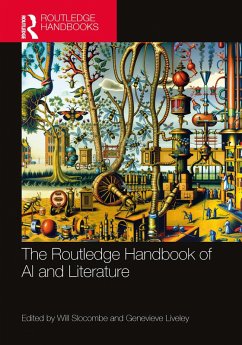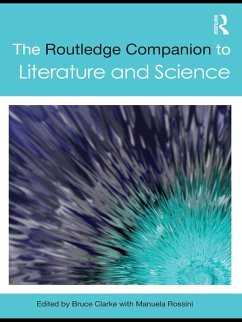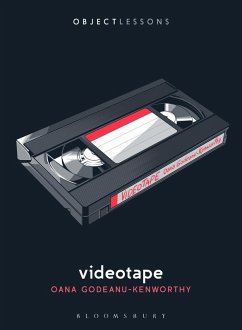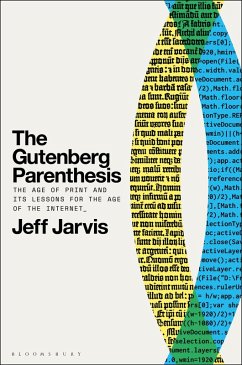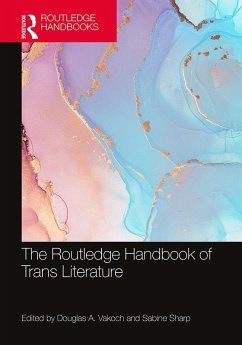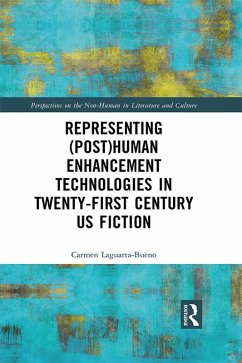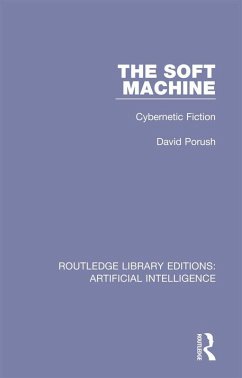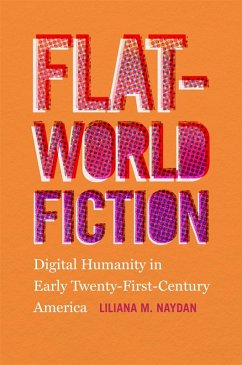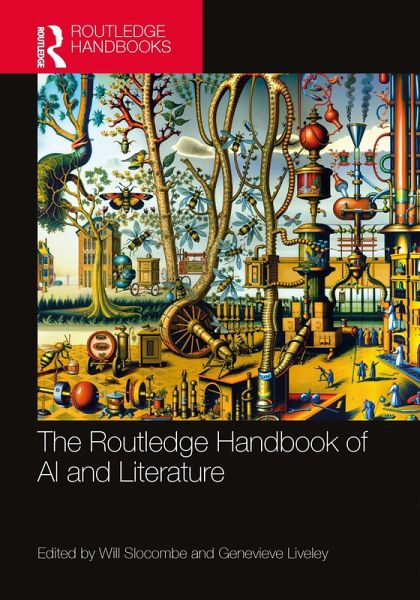
The Routledge Handbook of AI and Literature (eBook, ePUB)
Versandkostenfrei!
Sofort per Download lieferbar
47,95 €
inkl. MwSt.
Weitere Ausgaben:

PAYBACK Punkte
24 °P sammeln!
The Routledge Handbook of AI and Literature provides an invaluable resource for those interested in deepening their understanding of the variety of theories and approaches available when AI is studied or deployed in literary contexts. It also illustrates ways in which AI researchers can use literary lenses to better understand the sociotechnical dynamics and cultural imaginaries shaping human interactions with AI.Both AI and literature are understood in their broadest senses here. The book incorporates chapters that deal with Large Language Models, Generative AI, transformer architectures, sto...
The Routledge Handbook of AI and Literature provides an invaluable resource for those interested in deepening their understanding of the variety of theories and approaches available when AI is studied or deployed in literary contexts. It also illustrates ways in which AI researchers can use literary lenses to better understand the sociotechnical dynamics and cultural imaginaries shaping human interactions with AI.
Both AI and literature are understood in their broadest senses here. The book incorporates chapters that deal with Large Language Models, Generative AI, transformer architectures, story generators, and computational analysis. Literary case studies embrace performance, poetry, comics, as well as prose, and span a wide range of historical periods, from the ancient world to contemporary science fiction and Generative AI poetry.
The Handbook brings together early career contributors, as well as some of the best-known names in the digital humanities and computational literary studies. It offers a fresh perspective on the past, present, and future of AI and literature that will appeal to students and scholars with relevant interests across a range of subjects, including AI Engineering, Classics, Computing, Digital Humanities, English, Ethics, Film and Television, Law, and Narratology.
Both AI and literature are understood in their broadest senses here. The book incorporates chapters that deal with Large Language Models, Generative AI, transformer architectures, story generators, and computational analysis. Literary case studies embrace performance, poetry, comics, as well as prose, and span a wide range of historical periods, from the ancient world to contemporary science fiction and Generative AI poetry.
The Handbook brings together early career contributors, as well as some of the best-known names in the digital humanities and computational literary studies. It offers a fresh perspective on the past, present, and future of AI and literature that will appeal to students and scholars with relevant interests across a range of subjects, including AI Engineering, Classics, Computing, Digital Humanities, English, Ethics, Film and Television, Law, and Narratology.
Dieser Download kann aus rechtlichen Gründen nur mit Rechnungsadresse in A, B, BG, CY, CZ, D, DK, EW, E, FIN, F, GR, HR, H, IRL, I, LT, L, LR, M, NL, PL, P, R, S, SLO, SK ausgeliefert werden.




